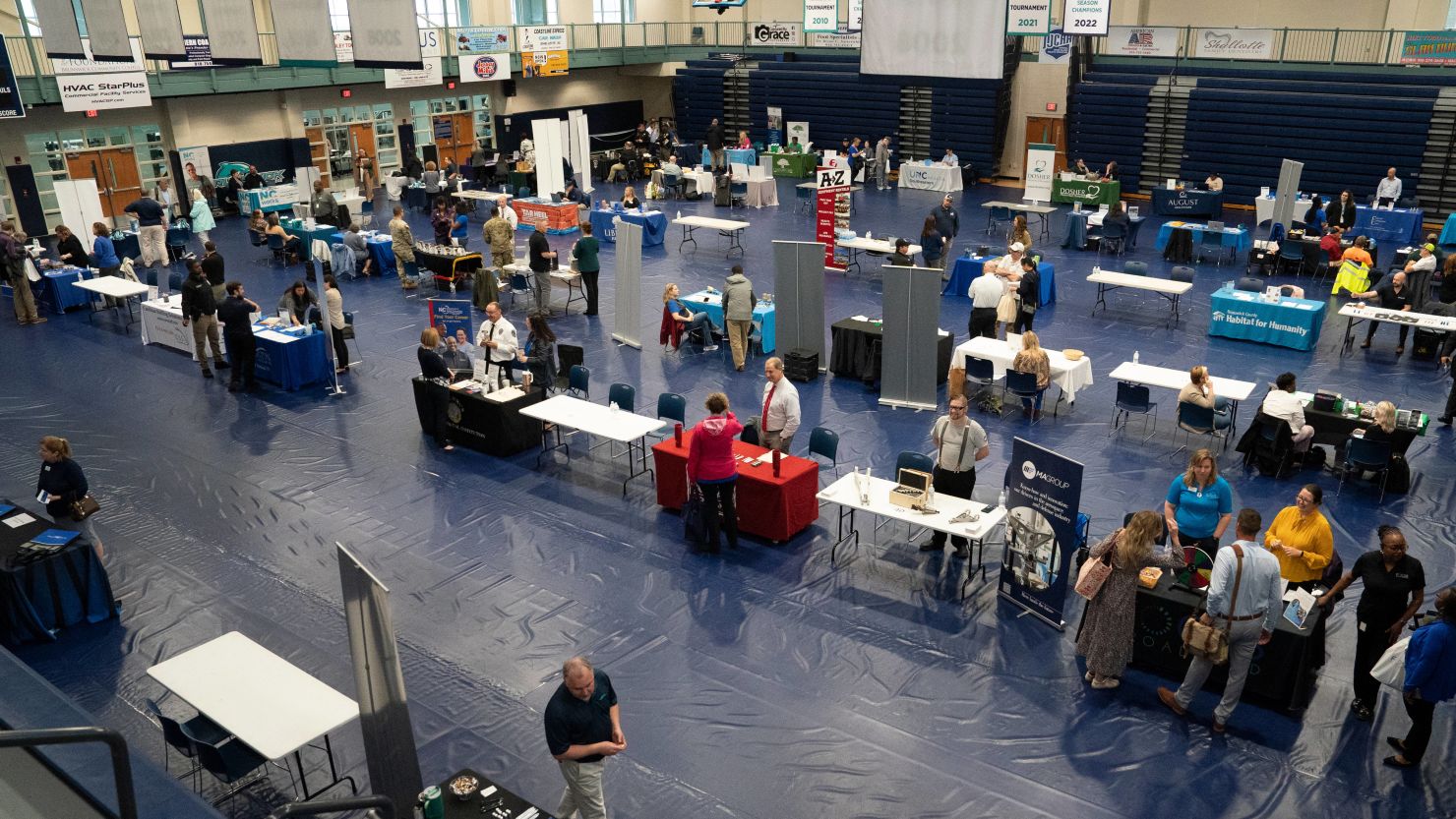The Federal Reserve appears poised to extend its aggressive rate hike strategy, putting additional pressure on the U.S. economy following a surprising January jobs report, top officials indicated this week.
Federal Reserve Chairman Jerome Powell stated on Tuesday that the Fed faces a “significant road ahead” in its efforts to reduce inflation to its 2 percent annual target.
This comes after the U.S. added an impressive 517,000 jobs in January, which lowered the unemployment rate to 3.4 percent, the lowest since 1969.
“There’s been an expectation that it will go away quickly and painlessly, and I don’t think that’s guaranteed,” Powell remarked about high inflation during an event at the Economic Club of Washington, D.C.
“The base case for me is that it will take some time, and we’ll have to do more rate increases. And then we’ll have to look around and see whether we’ve done enough,” he added.
Last week, the Fed raised interest rates by a quarter of a percentage point to a range of 4.5 to 4.75 percent. This was the smallest rate hike since the central bank began its rate increases in March, reflecting a gradual decline in inflation.
At that time, Powell and other Fed officials hinted that there might not be many additional rate hikes needed if inflation continued to decrease steadily.
The consumer price index has decreased over the past six months to 6.5 percent annually, while the personal consumption expenditures price index, the Fed’s preferred inflation measure, has dropped to 5 percent annually.
However, the robust performance of the economy as demonstrated by the January jobs report may complicate matters for the Fed. The central bank had anticipated more job losses as it raised borrowing costs.
The Fed’s projections from December anticipated the unemployment rate to rise to 4.6 percent by the end of 2023, a spike that could lead to millions of job losses. The higher the Fed raises interest rates, the greater the risk of pushing the U.S. economy into a downturn or recession.
“This process is likely to take quite a bit of time. It’s not going to be … smooth. It’s probably going to be bumpy. And so we think that we’re going to need to do further rate increases, as we said,” Powell noted.

Other members of the Fed’s rate-setting committee also took a more hawkish view on future rate hikes this week.
“It’ll probably mean we have to do a little more work,” Raphael Bostic, president of the Federal Reserve Bank of Atlanta, told on Monday. “And I would expect that that would translate into us raising interest rates more than I have projected right now.”
“I haven’t seen anything yet to lower my rate path,” Minneapolis Fed President Neel Kashkari echoed on Tuesday morning. “Right now I’m still at around 5.4 percent.”
This figure exceeds the Fed’s current median projection of 5.1 percent for where interest rates are expected to settle later this year.
While prices for many goods have been falling for months, Kashkari emphasized his concern about seeing a reduction in prices within the core services sector. This sector’s prices are significantly influenced by the labor market’s strength, which impacts consumer spending and wage negotiations.
“Core services [excluding] housing, that’s a big part of the economy. We’ve seen no progress so far, virtually no progress in core services [excluding] housing, and that’s very tied to the labor market,” Kashkari stated.
Some economists critical of the Fed’s strategy argue that the central bank might be selectively interpreting data.
“Goods prices will be flat or falling. Rent inflation is slowing sharply and may even show deflation before 2023 is out. I’m sure there will be some components where inflation is a problem, but that is always true,” said economist Dean Baker from the Center for Economic Policy and Research.
“It seems to me the best course for the Fed is to hold off on further hikes until we get a clearer picture of the data. The January jobs numbers really blew people away, but I’m not sure they are right,” Baker added.
International economists have also advised central banks against excessively tightening monetary policy, warning that it could unnecessarily lead the global economy into a severe recession.
“Overtightening of monetary policy would drive the world economy into an unnecessarily harsh slowdown,” noted economists with the United Nations Department of Economic and Social Affairs in a report released last month.







Leave a Reply